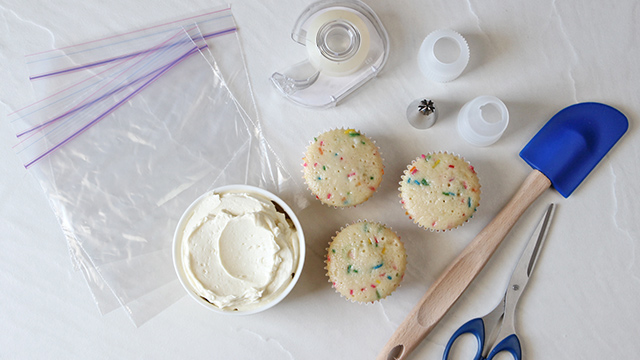Are biodegradable food bags really eco-friendly?
1/ What are biodegradable food bags made of?
Are you wondering if biodegradable bags are made from 100% natural? In fact, biodegradable bags were invented to reduce the amount of plastic waste in the environment. I mean it just “reduces plastic” does not mean “absolutely no plastic”.
So, what are biodegradable food bags made of? This type of bag is being sold on the market today, in addition to microplastics accounting for about 40-50%, they are also mixed with other ingredients such as degradable additives, especially natural ingredients such as corn flour, tapioca flour, wheat flour. This ingredient is the key feature that helps the decomposition process take place significantly faster.
In addition, in terms of composition and biodegradability of bags, we can divide biodegradable bags into 2 types:
Biodegradable bags: These are bags made from PLA, PHA…
Non-biodegradable bio bags: These are bags made from biobased PE, HDPLE, LDPE, PET, PP…
2 /How long does it take a biodegradable food bag to degrade?
Before discussing the decomposition time of biodegradable bags, we need to know that “biodegradable bags are not capable of decomposing when we just throw them into the environment”.
In fact, the decomposition process of the bag requires conditions and the rate of decomposition will depend on the environmental conditions.
For example, at Haplast JSC - a leading manufacturer of eco-friendly packaging products from Vietnam, biodegradable food bags are produced according to the ratio of ingredients including 50% wheat starch, 40% plastic beads, and 10% organic matter.
When buried in an environment that meets the requirements of light, temperature, and humidity, biodegradable bags will decompose in about 2 months to 6 months. After about 10 years, the bag can completely decompose. However, the decomposition time depends on the environmental conditions and the component ratio of the bag.
 |
| Biodegradable food bags on roll for grocery packaging |
3/ How are biodegradable food bags different from plastic bags?
Since biodegradable food bags were invented, they are increasingly used by businesses and households instead of plastic packaging. The reason is that they are considered to have many outstanding advantages compared to traditional plastic bags.
– Biodegradable food bags are safe for health: Biodegradable bags are made from natural materials such as wheat, sweet potato, and corn starch. They do not create toxic chemicals when used, so they are very safe for the health of users, preventing cancer from plastic bags.
– Environmentally friendly: Bio-bags have only about 40% plastic composition, so they help reduce the number of plastic particles released into the environment. After decomposition, the bag is completely converted into inorganic substances and biomass that is not harmful to the environment. In addition, the amount of biomass generated can also be used to produce bio-fertilizers to help plants grow well.
– They decompose quickly: Compared to traditional plastic bags, biodegradable food bags have a shorter decomposition time. If given the right conditions, the bag can decompose within 6 months to 2 years and then completely decompose in 10 years. Meanwhile, plastic bags take up to 500 years or even 1000 to completely decompose.
– Nice design: Do you want to use a bag with a beautiful and eco-friendly design? If so, then biodegradable food bags are an ideal choice for you. The bag has a smooth glossy surface, thin, light, and good elasticity, so you can store your food in style.
However, biodegradable bags still have some disadvantages such as high cost and high technology requirements to be able to produce.
Therefore, if you have a need to buy biodegradable food bags, you should find the factories that manufacture packaging directly and meet quality standards as Haplast JSC.
4/ Should we use biodegradable food bags?
As such, we already know that biodegradable food bags are not made of 100% natural, they still contain plastic ingredients.
Therefore, they are actually still called a type of plastic bag. However, thanks to the ability to decompose quickly and after decomposition, the bags do not release harmful chemicals for the environment, so they are environmentally friendly.
In case you are not able to replace plastic packaging to serve your needs, biodegradable bags are an ideal choice. They both ensure convenience and reduce plastic waste significantly. Furthermore, a biodegradable food bag can be used over and over again. This saves you a lot of money from not having to buy a new bag.




Nhận xét
Đăng nhận xét